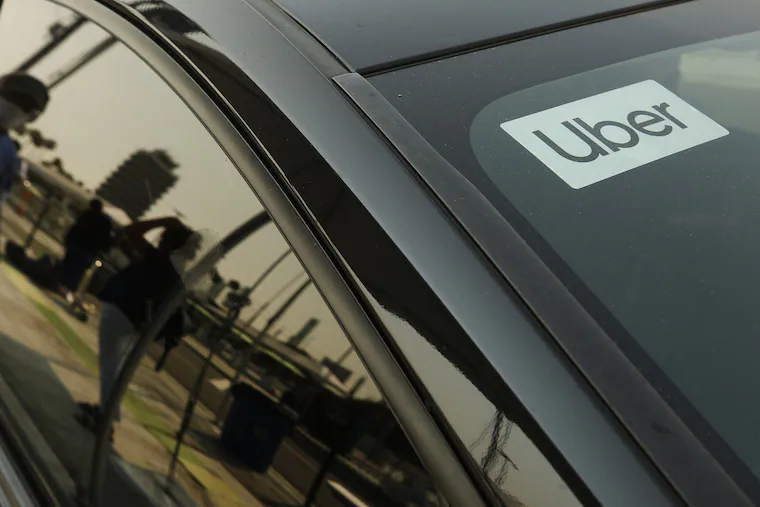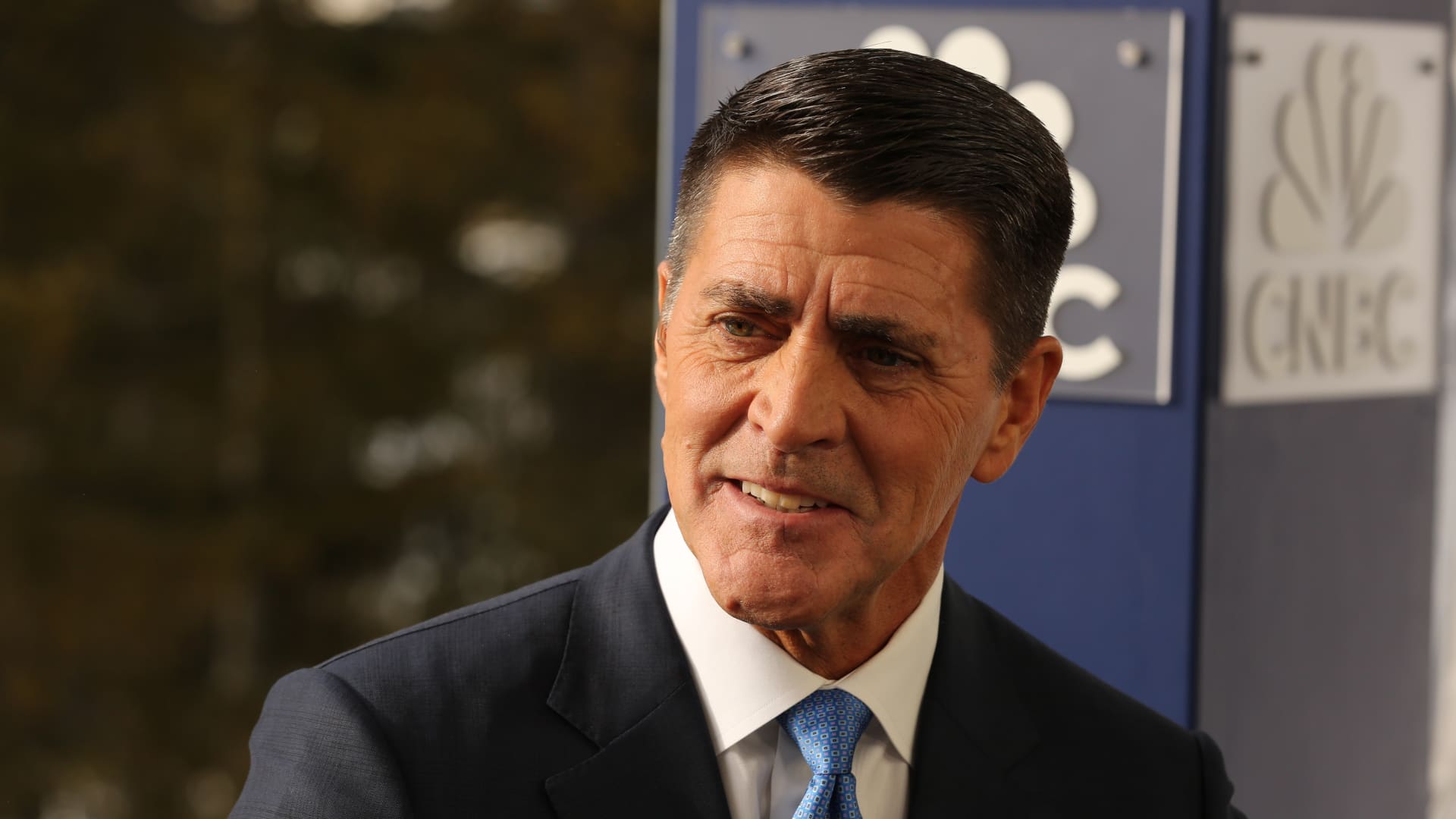
Attorneys for Uber noticed a pattern in lawsuits filed against the rideshare giant by one Philadelphia-area personal-injury law firm.
Simon & Simon clients who had been in crashes involving Uber-driven vehicles saw the same handful of medical providers, who diagnosed them with severe injuries and recommended extensive treatments. Then, the same medical expert in each case wrote a report, often using near-identical language, that evaluated the need for lifelong and expensive medical care.
But the medical reports were fraudulent, Uber says in a federal lawsuit filed Thursday in the Eastern District of Pennsylvania.
» READ MORE: When signing up for Uber, do you waive your right to a trial? Pa.’s Supreme Court will decide.
Uber is accusing Simon & Simon founder Marc Simon of conspiring with the medical providers to produce fraudulent reports to inflate the cost of settlements in dozens of lawsuits. The company is invoking the Racketeer Influenced and Corrupt Organizations Act, saying the law was enacted “to address precisely this type of fraudulent pattern.”
“In order to pursue inflated claims in state court and to extract large settlements from Uber, Simon directs his clients to a network of corrupt medical providers who diagnose non-existent serious injuries and produce false medical records to support claims that the claimant in question will require a lifetime of expensive care,” the lawsuit says.
Simon did not respond to requests for comment.
The scheme Uber lays out
Uber alleges that the first step in Simon & Simon’s scheme goes through Clifton Burt, a pain physician from New Jersey.
The law firm scheduled groups of client for visits at Burt’s clinic, with instructions on the treatments the clients should get, and provided transportation for some clients, the suit says.
The Inquirer was unable to reach Burt based on publicly available contact information.
Next, clients typically visited two chiropractors, Daniel Piccillo and Ethel Harvey, at Philadelphia Spine Associates, where they allegedly received treatment, often over more than twenty visits.
“In many instances no actual treatment was delivered,” the suit says.
Records from those visits were often signed within minutes after the scheduled appointment time, or even before the appointment, despite describing care should take significant time, the complaint says.
A Philadelphia Spine Associates representative said that Piccillo was unavailable to provide comment. Harvey hung up when asked to comment.
The need for extensive treatments is often contrasted by police reports where officers on the scene noted no injuries, the suit says.
In one low-speed collision, police reported no injuries. The passenger didn’t seek immediate medical care, the suit says. But the next day, the passenger went to the emergency room complaining of severe pain. He was discharged with only a recommendation to take ibuprofen, according to the complaint. In the days after hiring Simon & Simon, he attended his first of 39 appointments at Philadelphia Spine Associates.
The culmination of the scheme, as Uber tells it, were expert reports written by Lance Yarus. The private-practice orthopedic surgeon performed nearly 1,300 exams for Simon & Simon clients in the past three years, and the firm paid him about $1.5 million, according to the complaint.
“Yarus’s reports invariably confirm the existence of serious, permanent injuries and recommended extensive, lifelong care,” the lawsuit says.
The goal of the reports was to inflate cost of care projections, which Simon & Simon used in settlement negotiations to turn “low value claims into million-dollar-plus” requests, according to the complaint.
Yarus did not respond to requests for comment.
Others taking note
Uber isn’t the only one to notice Simon & Simon’s use of expert medical reports.
Simon has been admonished twice by federal district judges over the past year for allegedly using unsavory methods to combat a change of venue.
In January, Judge Gerald McHugh sanctioned Simon and ordered him to pay $7,500. In a blistering opinion, McHugh wrote that the law firm seemingly “prepares pleadings on a mass production basis without investing time and attention in understanding the basic facts of the case.”
The judge said the firm’s reports had “little relationship to real world medical care,” and when the same expert in every case projects “monumental future costs” it “becomes difficult to read the reports in question as credibly addressing actual patient needs.”
In June, Judge Gerald Pappert again admonished Simon and the way his firm conducts business.
“Mr. Simon has no idea who he is suing and what the people and entities on the wrong end of his cookie-cutter complaints allegedly did to be dragged into our civil-justice system,” Pappert wrote.
» READ MORE: He was killed in a car crash on Kelly Drive while riding in an Uber. Now, his family is taking the ride-share giant to court.
The firm settled in 2020 a case brought by the U.S. Department of Justice over unpaid medical debts, agreeing to pay $6,605. And in 2018 the Pennsylvania Supreme Court’s disciplinary board reprimanded Simon for failing to respond to discovery.
Once Uber noticed the alleged scheme, the company took steps to stop it, Adam Blinick, Uber’s senior director of public policy & communications, said in a statement.
“Lawsuit abuse, including fraudulent personal injury claims, directly contribute to the higher prices that consumers end up paying on everything from Uber rides to dining out at a restaurant,” Blinick said.



